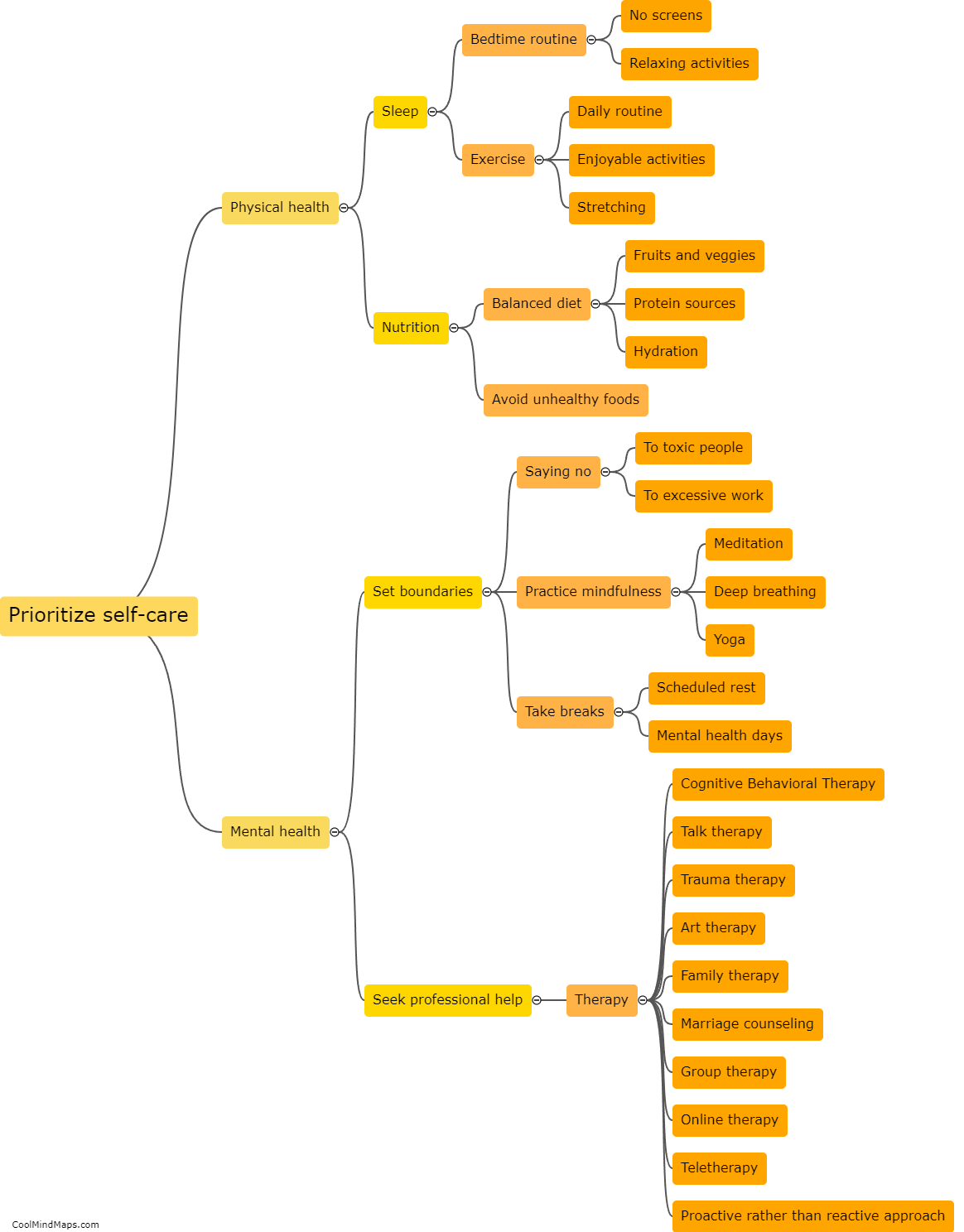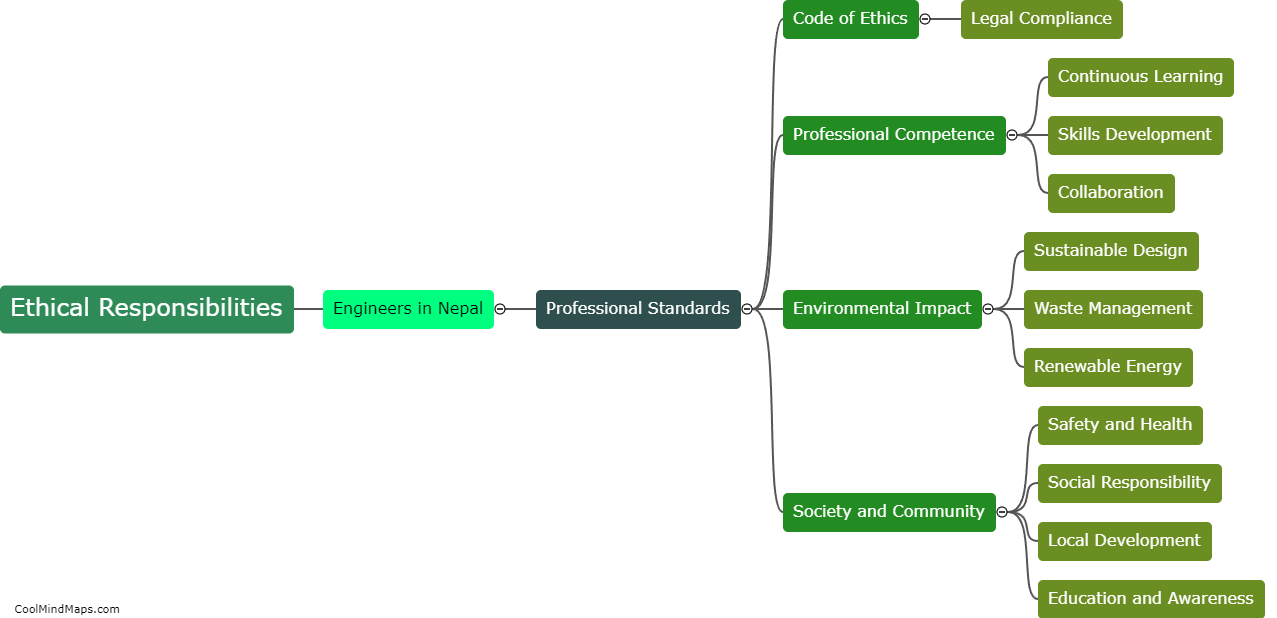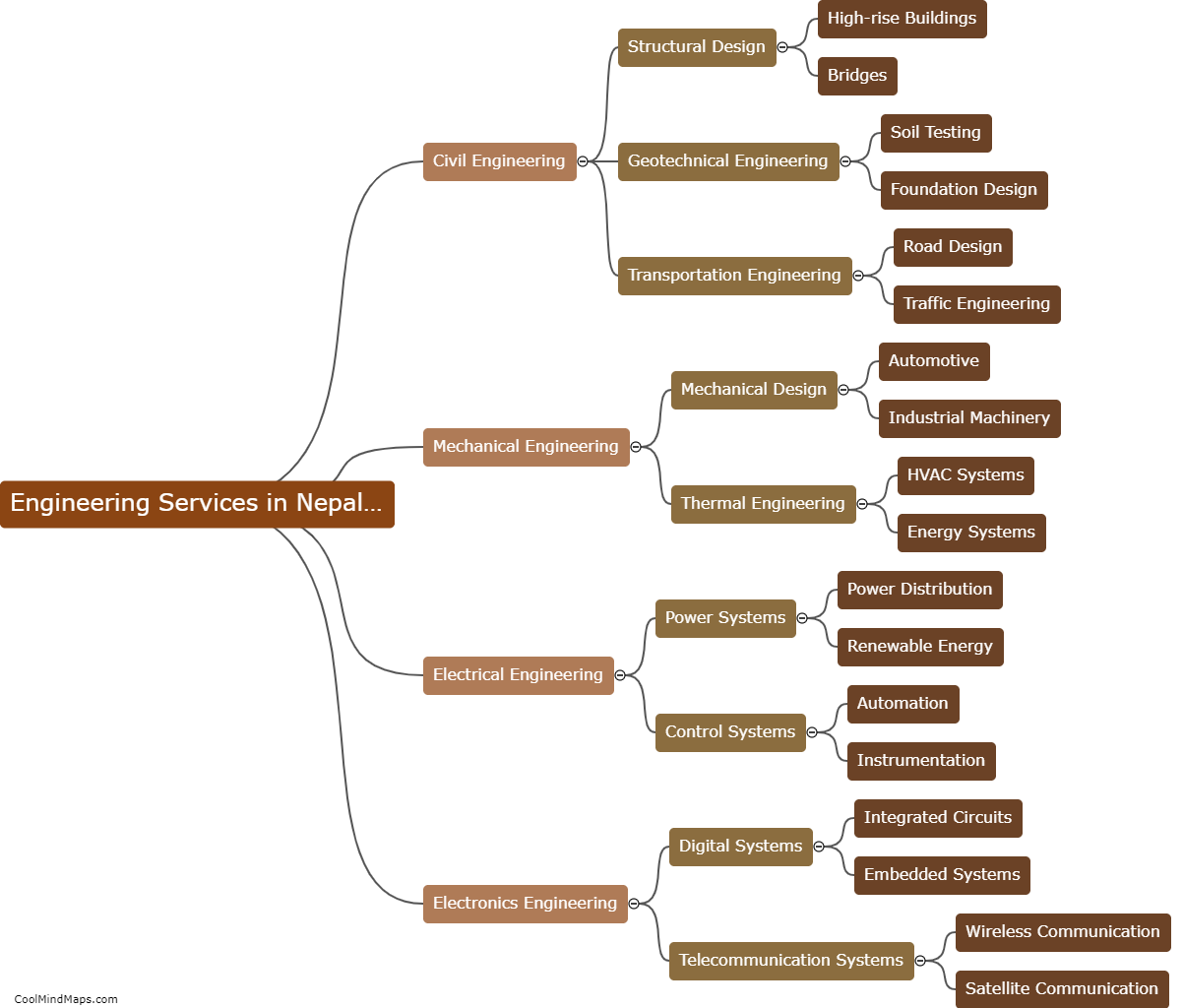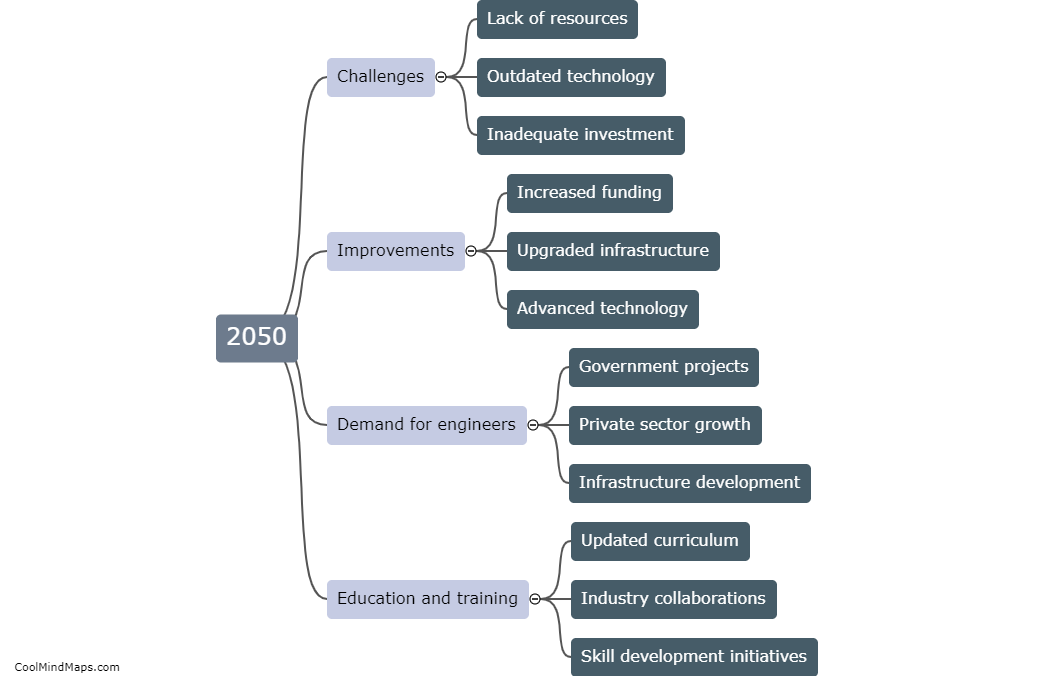What is the process for obtaining a license as an engineer?
In order to obtain a license as an engineer, individuals must typically follow a specific process. Firstly, they are required to complete a bachelor's degree in engineering from an accredited college or university. This degree provides them with a solid foundation in engineering principles and concepts. After completing their degree, aspiring engineers must gain relevant work experience under the supervision of a licensed professional engineer. This experience helps them develop practical skills and knowledge in their chosen field. Once they have accumulated the necessary experience, applicants are then required to pass the Fundamentals of Engineering (FE) exam. This exam tests their understanding of engineering fundamentals and is a requirement for further progression in the licensure process. After passing the FE exam, engineers can work towards obtaining more experience and eventually become eligible to take the Principles and Practice of Engineering (PE) exam. This exam assesses their competence in applying engineering principles to real-world scenarios. Passing the PE exam is usually the final step in the licensure process, after which individuals are officially recognized as professional engineers and can legally practice engineering in their respective jurisdiction. Overall, obtaining a license as an engineer requires a combination of education, practical experience, and successful completion of exams to ensure that engineers meet the necessary standards for professional practice.
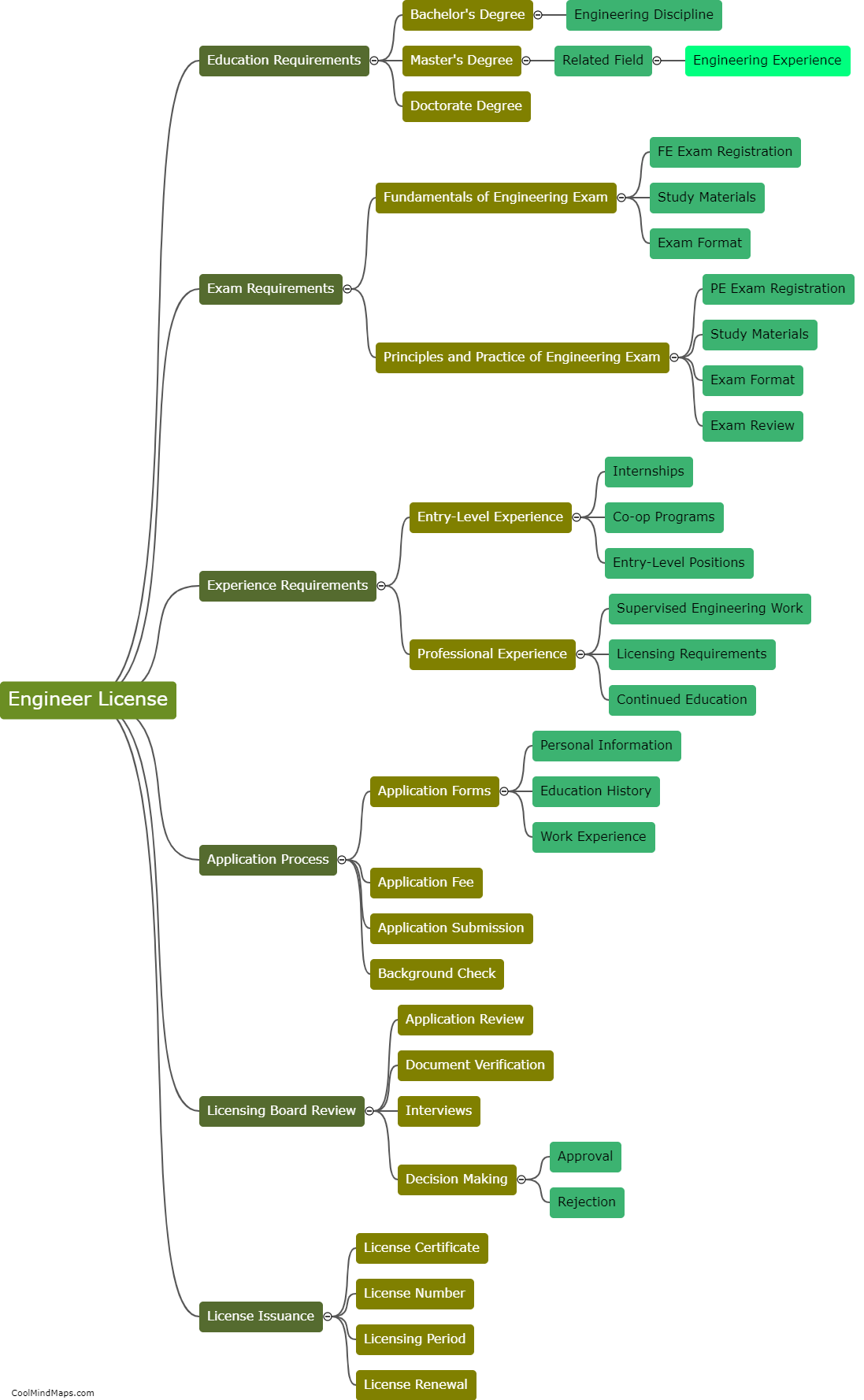
This mind map was published on 26 November 2023 and has been viewed 97 times.


